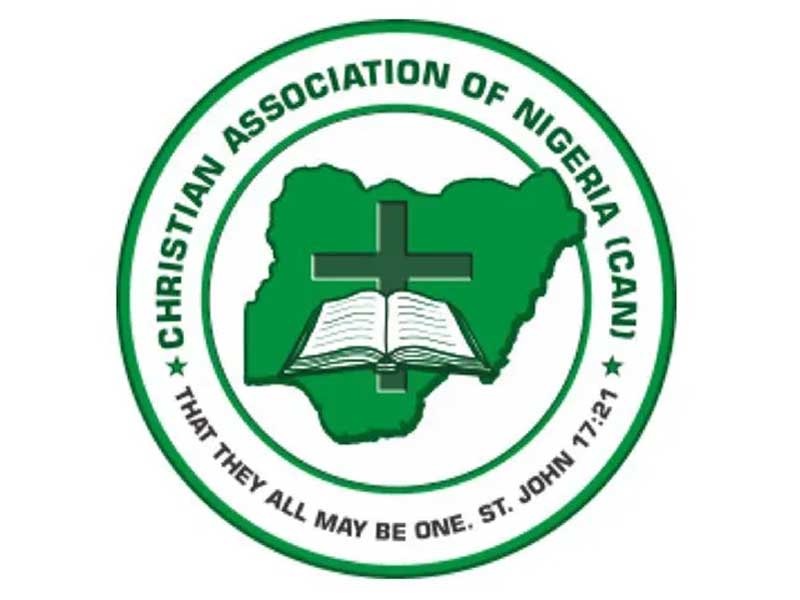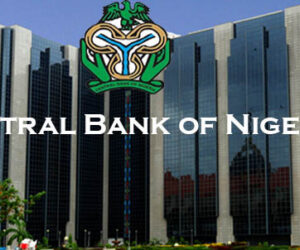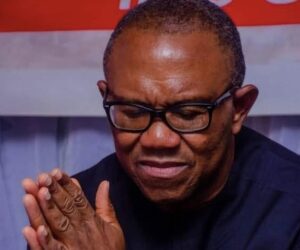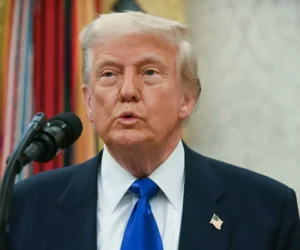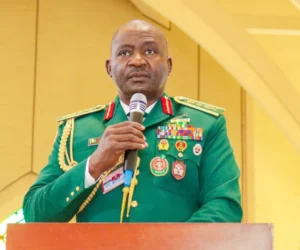From Noah Ebije, Kaduna
The Christian Association of Nigeria (CAN) in the 19 Northern states and the Federal Capital Territory (FCT) has warned that sustained religious persecution poses a grave threat to Nigeria’s moral fabric, unity, and long-term stability.
Delivering a paper at the National Christian Leaders Forum on Freedom of Religion or Belief (FORB), yesterday, the chairman, Rev. (Dr.) Joseph John Hayab, said erosion of religious freedom continues to weaken the values required for nation-building, while creating fertile ground for mistrust, conflict, and underdevelopment.
Hayab said Nigeria’s demographic reality with Christianity and Islam, as its two dominant religions, requires tolerance, inclusivity, and equal rights.
He cautioned that when Christians are subjected to systemic discrimination, violence, and denial of equal opportunities, the ripple effect undermines social cohesion and fuels resentment that threatens peace.
Rev. Hayab cited persistent attacks by extremist groups such as Boko Haram and ISWAP, alongside institutional barriers in several states, as evidence of how faith-based persecution continues to shrink spaces for evangelism and communal growth.
He explained that while the church historically thrived even under persecution, as seen with the early church under Rome, such survival often comes with pain, sacrifice, and avoidable national setbacks.
“When people are denied the right to freely practice their faith, we weaken the moral fabrics required for building trust, patriotism, and unity. Religious persecution, therefore, is not just a church matter. It is a national crisis with direct implications for peace and development,” he said.
The Northern CAN leader urged government at all levels to create an enabling environment where every Nigerian can freely practice their faith without fear of intimidation or discrimination.
He added that defending religious freedom should be seen as both a political necessity and a gospel imperative. Rev. Hayab also called on the global church and development partners to sustain their advocacy, prayers, and humanitarian interventions, noting that international solidarity has been a source of encouragement to persecuted Christians in Nigeria.
He said: “The future of evangelism and peace in Nigeria will depend largely on how well religious freedom is defended; a nation that guarantees such liberty lays the foundation for true stability, development, and harmony.”

